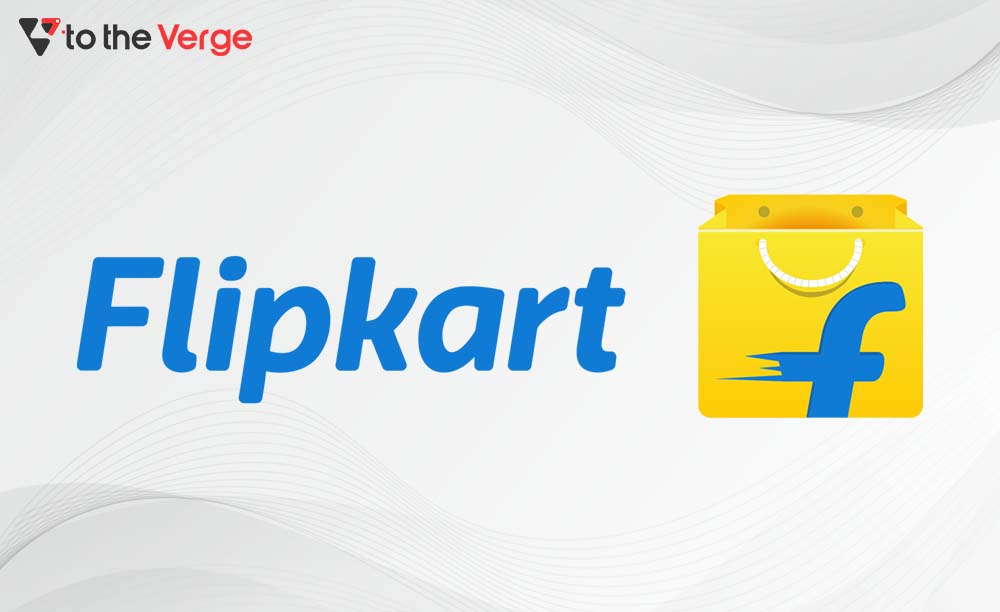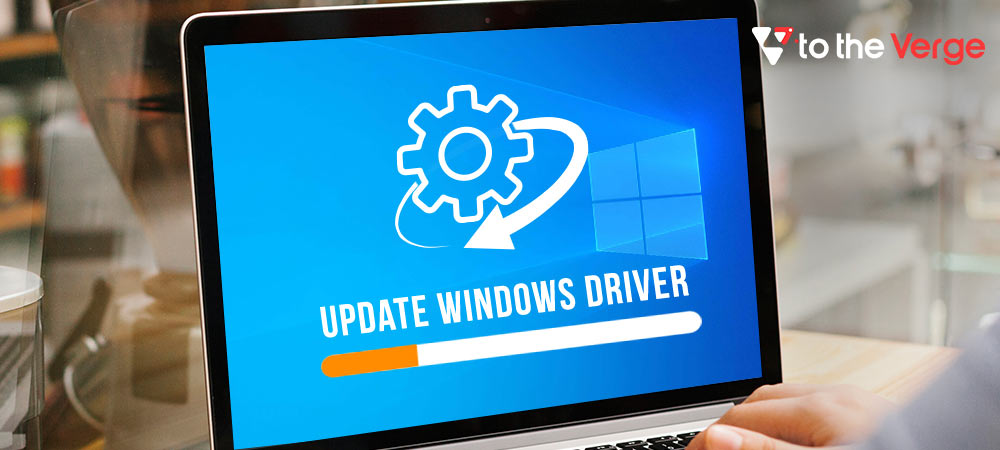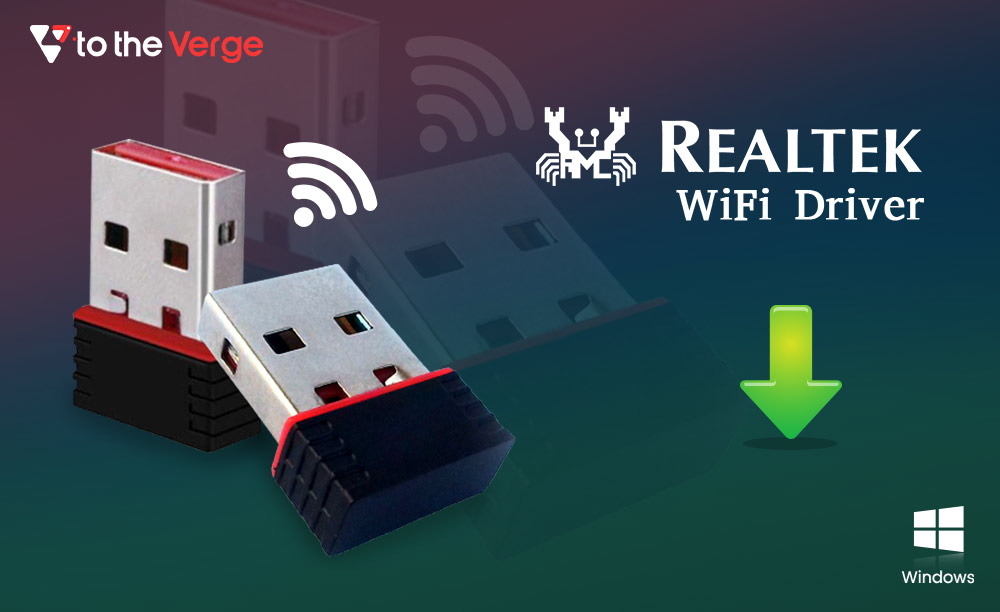Blockchain has opened up an array of possibilities that will most likely empower and link the globe in the future. Some may observe its attractiveness in the applications of cryptocurrencies, NFTs, Metaverse, and Web3. Flipkart, India’s largest e-commerce company, appears to be excited by this prospect and has established a specific team to investigate Blockchain-powered venues.
The Bengaluru-based e-commerce giant ‘Flipkart’ has launched a new section called ‘Flipkart Labs,’ which will attempt to develop innovative solutions for the e-commerce sector using Blockchain-powered technologies such as Metaverse, NFTs, and others. The new internal innovation program will “analyze, create, and learn” from new-age technology in the e-commerce industry. This program will imply a concentration on Web3 and Metaverse business, at least for now. This emphasis, according to Flipkart, includes “NFT-related use cases, Virtual Immersive Stores, Play to Earn, and other Blockchain use-cases.”
The Flipkart Group, founded in 2007, is one of India’s biggest digital commerce businesses, including group firms Flipkart, Myntra, Flipkart Wholesale, Flipkart Health+, and Cleartrip. The Group also has a controlling stake in PhonePe, one of India’s largest payment apps.
Essentially, Flipkart intends to revolutionize the e-commerce sector as we know it now by using emerging innovations that rapidly receive widespread attention worldwide. Flipkart Labs will “redefine e-commerce” and “improve the purchasing experience” for its consumers, according to the company’s announcement blog. It will accomplish this by incubating innovative ideas and then providing game-changing answers to the industry as a whole.
In terms of operations, Flipkart Labs will be based in Flipkart‘s offices in Bengaluru, India. It will be headquartered under the Flipkart Group’s Product Strategy & Deployment (PSD) arm and will collaborate with professionals developing technical solutions in this field. It will also consider prospective relationships with other brands, retailers, startups, and technologists outside of the organization.
“Flipkart has revolutionized innovation in e-commerce in India and made it an intrinsic part of our lives,” stated Jeyandran Venugopal, Chief Product and Technology Officer of Flipkart. Many creative efforts, such as Cash on Delivery (CoD), Easy Returns, No Cost EMI, and others, have made this feasible over the previous decade. As we continue to expand and experiment, we will work at the crossroads of commerce and technologies to create innovation tangible and relevant to customers. With Flipkart Labs, we hope to expand our in-house innovation skills by forming a dedicated, entrepreneurial team, and we welcome bright and curious minds to join us in transforming the way India shops.”
In the future, the Innovation Lab will also act as a vehicle for new research in areas such as reimagining consumer experience, logistics/distribution networks, and speeding digital commerce. Flipkart Camera, created in November 2020 with the purchase of AR/VR company Scapic, has since implemented several 3D and Augmented Reality-based immersive retail experiences and will continue to evolve under the newly formed Flipkart Labs umbrella.
Scapic Technologies Private Limited is a software development company. The company provides a virtual reality platform that enables users to create virtual reality technology and augmented reality media without coding.
Flipkart has a plan in place to investigate various blockchain technologies. According to its announcement, it does not want to create the next popular NFT series or a brand-new Flipkart Metaverse. It intends to mold such technologies around its main business of e-commerce through Flipkart Labs. This might lead to novel real-world applications, such as virtual stores that provide consumers with an immersive shopping experience.
Walmart has been quietly trying to enter the Metaverse by developing its own cryptocurrency and a collection of non-fungible tokens, or NFTs. Developments began towards the end of last year when it began the trademark procedure.
Our aim is to chase the future, innovations, and the latest trends of all things tech. We love to interact with industry experts, understand their diverse and unique perspectives, and spread their ideas.







![How to Update and Reinstall Keyboard Drivers on Windows 10/11 [A Guide]](https://wpcontent.totheverge.com/totheverge/wp-content/uploads/2023/06/05062841/How-to-Update-and-Re-install-Keyyboard-Drivers-on-Windows-10.jpg)
